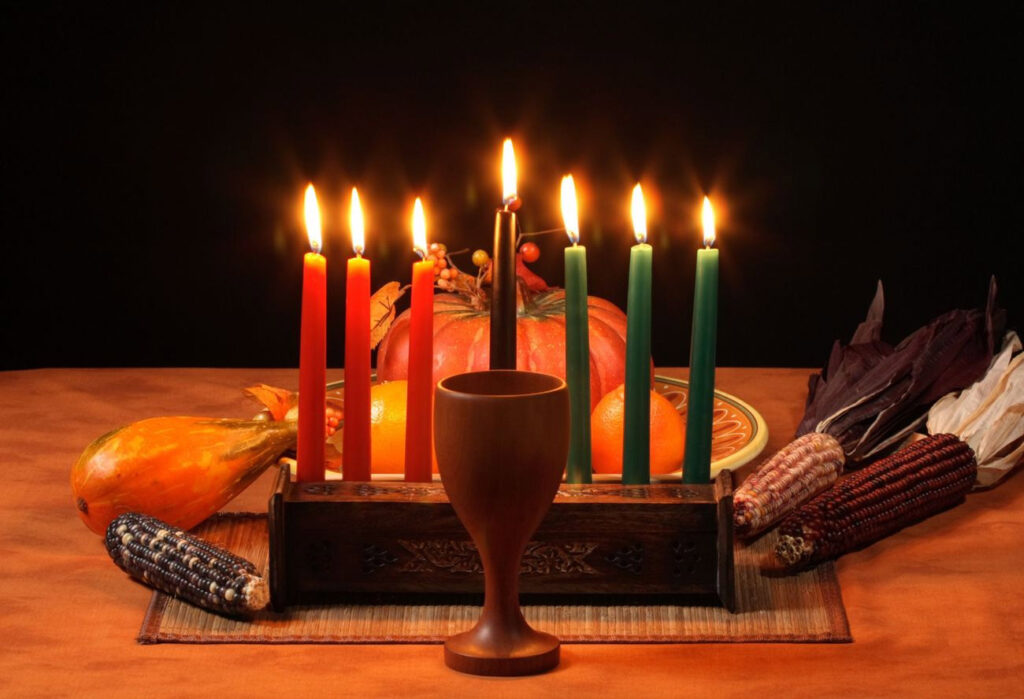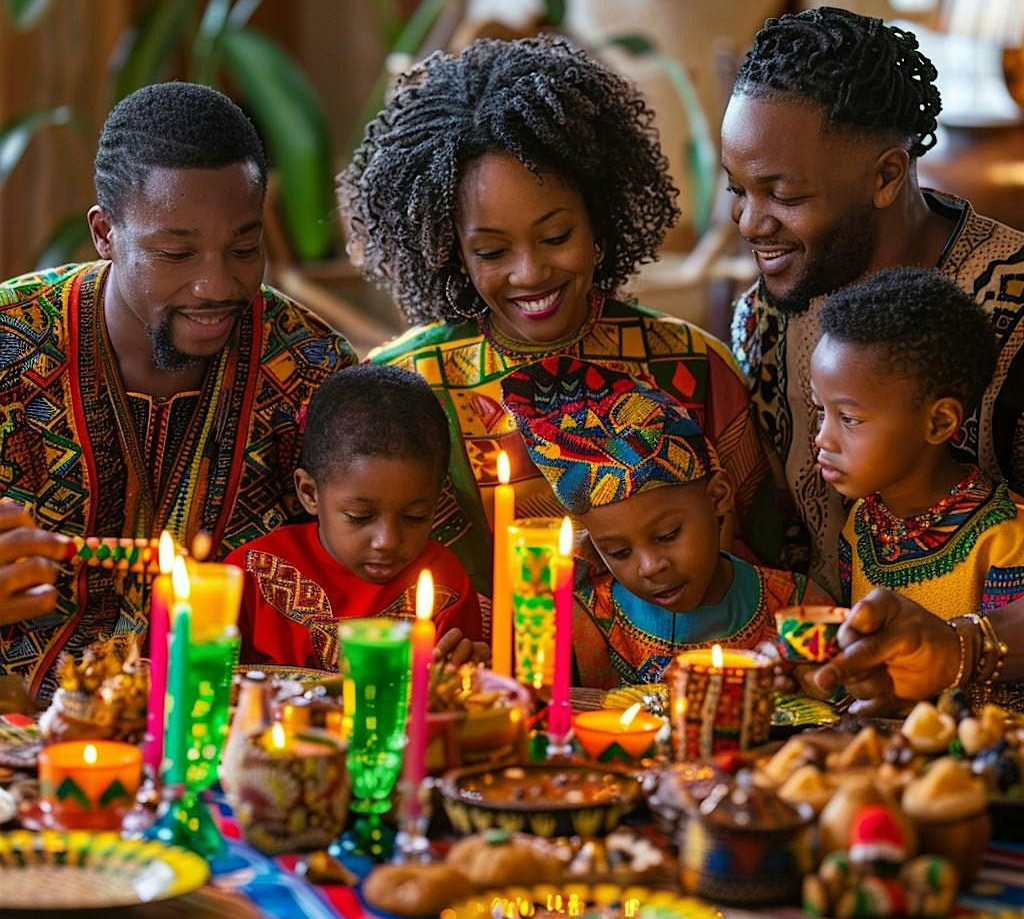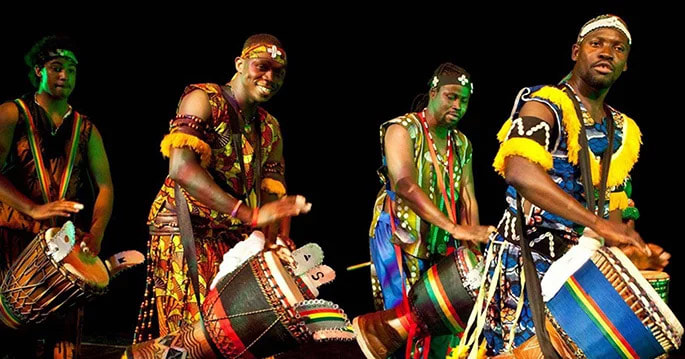Holiday
Kwanzaa: 7 Days To Celebrate The Identity Of The African American Community
Kwanzaa is an important seven-day cultural festival celebrated by African-American communities around the world. It takes place from December 26 to January 1 every year, with the noble purpose of honoring African cultural heritage, promoting unity and strengthening community values in the African-American community.
Origin Formation
Kwanzaa was first established in 1966 by Maulana Karenga, a renowned scholar and activist. The festival was born in the context of the growing civil rights and Black Power movements in the United States, aiming to provide African Americans with a way to reconnect with their historical roots and cultural identity, escaping cultural assimilation. The word “Kwanzaa” comes from the Swahili phrase “matunda ya kwanza,” which means “first fruits” – a reference to traditional African harvest festivals.

The Seven Principles of Nguzo Saba
At the core of Kwanzaa are seven Nguzo Saba principles, each corresponding to a holiday:
- Umoja (Unity): Building harmony in family and society.
- Kujichagulia (Self-determination): Affirming identity, defining oneself.
- Ujima (Collective responsibility): Sharing and solving common problems.
- Ujamaa (Cooperative economics): Supporting each other in economic development, avoiding external dependence.
- Nia (Purpose): Living and acting for the long-term goals of the community.
- Kuumba (Creativity): Respecting creativity as a way to beautify and improve the world.
- Imani (Faith): Belief in oneself, family, community and a better future.
These seven principles are not only symbolic but also practical, helping to guide how to live and build sustainable communities.

Major Symbols and Rituals
- Kinara (Candle): The central symbol, where seven candles are placed.
- Mishumaa Saba (Seven Candles): Consists of one black candle (representing African Americans), three red candles (struggle), and three green candles (hope and future). Each night, one candle is lit, starting with the black candle, to honor the principle of that day.
- Mazao (Crops): Usually fruits and vegetables, representing Africa’s agricultural and labor roots.
- Kikombe cha Umoja (Unity Cup): Used to honor ancestors and shared during ceremonies.
- Karamu (Party): A special African-style feast held on December 31.
- Zawadi (Gifts): Exchanged on the last day, usually handmade or educational gifts to encourage personal and cultural growth.

Festival Activities
For seven days, families discuss values, tell folk tales, dance and participate in artistic activities. The festival culminates in the Karamu feast on December 31, with traditional food, drumming and blessings.
Conclusion
Today, Kwanzaa is more than just a cultural celebration. It has become a symbol of pride, resilience, and an affirmation that identity is not lost over time. Kwanzaa continues to be celebrated not only in the United States but also in many other countries, as a link between African communities around the world.



